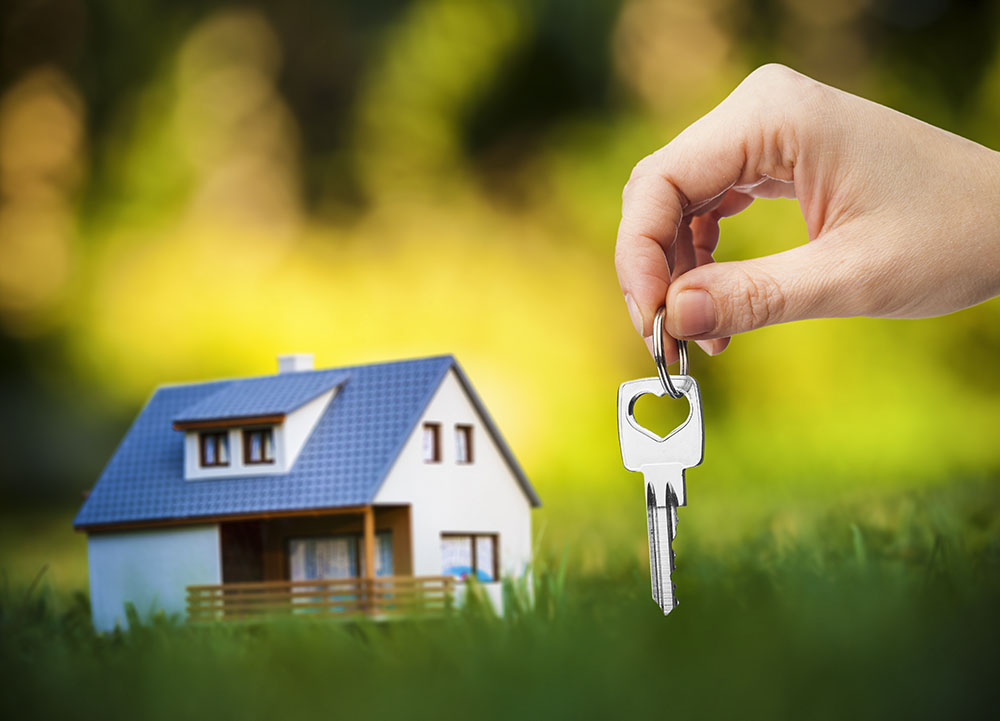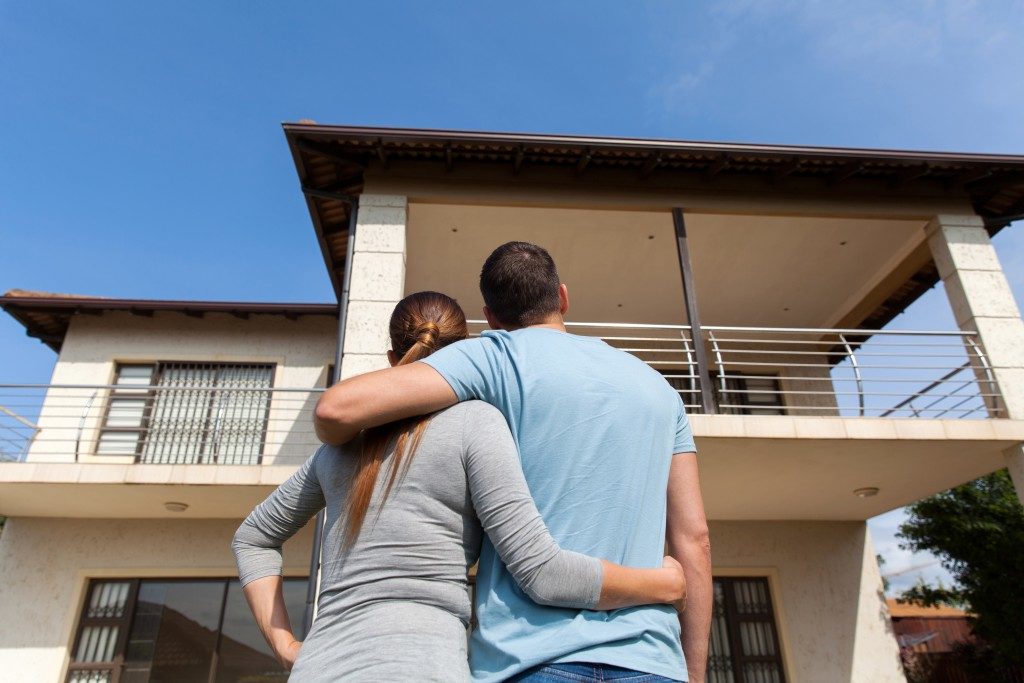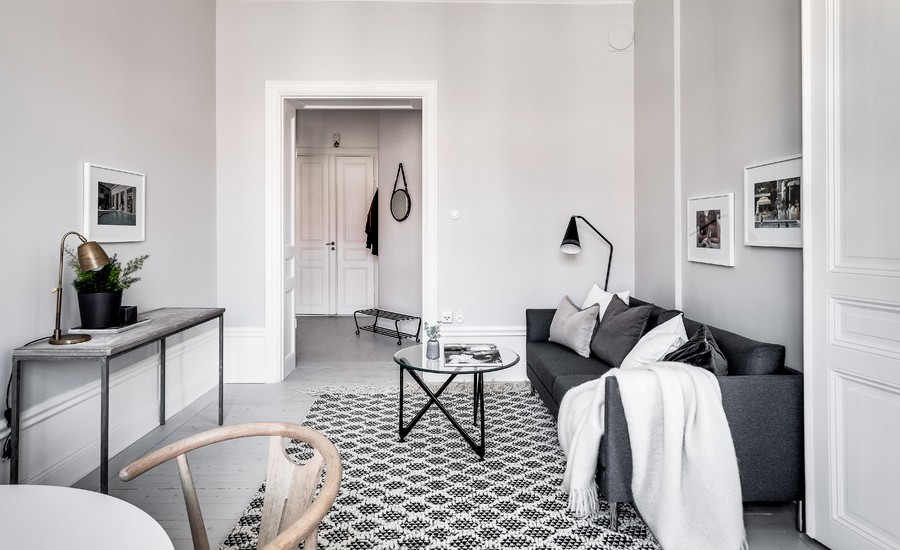Buying a home is a very important step in life. You need to get it right so you do not have any regrets in the future. How can you ensure this? Check these 7 things before you make the payment of the new house.
1. Financing
Whether you are going to use a home loan or have enough savings to buy your new home, you need to look at your finances very critically. Determine the kind of home you want and what budget you have to work with.
If you will be using a mortgage, talk to various lenders and weigh your options. Remember that most plans will require you to pay some percentage as a downpayment and then cover the rest. Do you have the amount required?
2. Visit the property
Every real estate agent will put up the best pictures of the property on a listing. After all the aim is to sell! Before you decide to buy a home, visit it and see everything on the property. Start with the neighbourhood. Does it look safe? Are the neighbours far away or just a few meters away? Only buy a home located in a place you would be comfortable living in.
The structural condition of the house is very important. Start by looking at the roof of the house. It should be sturdy and nicely built. Ask how old the roof is and bear in mind that a roof will need to be replaced every 20 to 25 years. Next, look at the walls. Ensure that they are not cracked and are straight. Most importantly, look at the foundation. Signs of a bad foundation include cracks inside or outside the house. Repairing a foundation is a costly expense you do not want to incur.
Does the house get damp when it rains outside? This can especially affect the basement where mould and mildew can grow on things stored there. Use your nose to smell any rusty and mouldy scents when you get to the basement during your tour. Looking inside cabinets and around pipes can also tell you if mould ever grows there.
Also, remember to look at the small things. Ensure that all doors and windows are lockable, taps, sinks and showers do not leak and that the electrical outlets are working. Forget about décor and the paint job as these can be misleading. Concentrate on the functionality of everything in the home.
3. Property survey and inspection
Looking at the property personally makes you know if you will feel at home there. However, an expert opinion is necessary to know the actual value of the property. Get a surveyor to tell you how far the boundaries go and an appraiser to tell you if you are spending the right amount of money based on the value of the property.
A qualified house inspector will look at every nook and cranny of the house. They will then prepare a report with everything that needs fixing. You may choose to fix it later or the current owner to fix it before closing the sale.
4. Other fees
The price of the home is not the only figure you need to be worried about. There are many other fees you will need to pay in the process of acquiring your new home. Ensure that you have money to cover all these so as to have a smooth journey.
The fees you are expected to pay include survey, mortgage application, attorney and real estate agent fees to name but a few. They may not be as high as the price of the house but, put together, these fees can be a considerable amount.
5. Understand the paperwork
There is a lot of paperwork involved in the acquisition of a new home. From the mortgage application to the final handover, you will be doing a lot of signing. Ensure that you understand everything in a document before signing. Concentrate on the fine print that may contain hidden terms and conditions.
If you have a personal attorney, let him or her go through all the paperwork before you sign. A good lawyer will give you sound advice that will prevent you from making the wrong decision.
6. Insurance
The anticipation of moving to a new home comes with fear of the unknown. You hope for the best but you are not sure of what might happen in the future. A good decision that many homeowners make is purchasing home content covers. This is a type of insurance that covers household items and personal belongings against accidental damage by fire, theft, floods, etc.
With insurance, if anything happens to the home you can claim and the insurer will replace all the contents covered in the policy.
7. Negotiating Flexibility
You may have a set budget but do not just go for homes that are within that budget. Some home sellers are willing to negotiate and you can buy a home that was initially listed above your budget at a friendly cost. When looking at house listings try to stay within your budget but also look at homes you desire that are slightly above that.
Find a good real estate agent who can help you negotiate the listed prices of the house so as to get the best possible bargain. Such an agent will even help you find the sellers willing to negotiate.




















